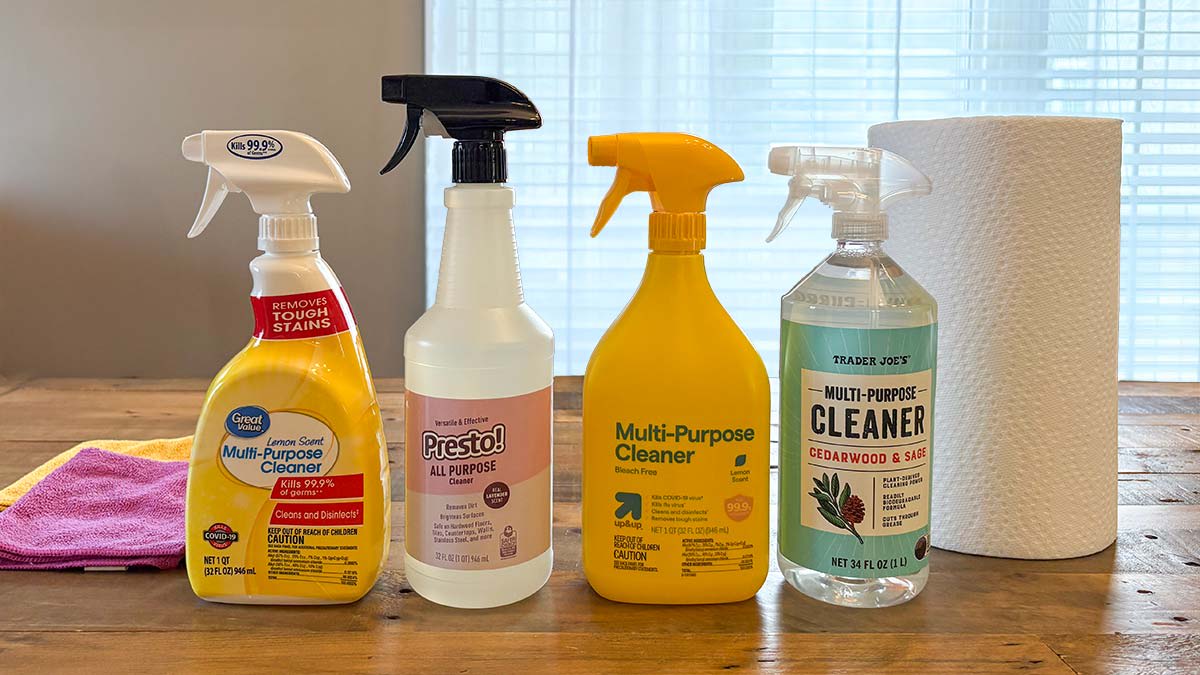How to Ease Seasonal Allergy Symptoms

Avoiding allergens might not always be enough. Here’s a rundown of common medications and when it’s appropriate to consider them.
Steroid nasal sprays: A good place to start is to consider a steroid nasal spray such as fluticasone (Flonase), triamcinolone (Nasacort), or mometasone (Nasonex)—all available over the counter and also in generic form. Daily use throughout the allergy season can help reduce nasal inflammation and combat a runny or stuffy nose, says Amber Luong, MD, a professor of allergy medicine with the McGovern Medical School at UTHealth Houston. But this is best started at least two weeks in advance of the season because it can take time to begin working, according to the American Academy of Allergy, Asthma & Immunology.
It’s important to use these medications properly to get the benefits. “You want to direct the spray to the outer wall of your nostril, which is the part that gets swollen,” says Mario Rodenas, MD, an allergist at Yale Medicine in New Haven, Conn. “If you can taste the spray in your throat, chances are you’re using it incorrectly.” (If you have glaucoma, talk to your ophthalmologist first because these medications may increase ocular pressure.)
Oral antihistamines: Rita Kachru, MD, chief of clinical immunology and allergy at UCLA Health, recommends OTC oral antihistamines like cetirizine (Zyrtec and generic), levocetirizine (Xyzal and generic), loratadine (Claritin, Alavert, and generic), and fexofenadine (Allegra and generic). Older antihistamines like diphenhydramine (Benadryl and generic) are far more likely to make you sleepy, and some have been linked to a higher risk of dementia. Still, the newer ones can lead to drowsiness in older adults, so if you’re older, you may want to take a dose that’s smaller than normal.
Though the newer antihistamines all appear to be equally safe and effective, some people may respond better to one than another. So if, for example, cetirizine doesn’t seem to help, try fexofenadine or loratadine, Hong says.
You can also take an OTC oral antihistamine for a week or so while you wait for a steroid nasal spray to begin working, but after that, there’s little reason to regularly take both an oral antihistamine and a steroid nasal spray.
“Research shows that it isn’t any more effective than using a steroid spray alone,” says Mark Dykewicz, MD, director of the allergy and immunology fellowship program at St. Louis University in Missouri and an author of practice guidelines for the treatment of seasonal allergies published in 2020.
Antihistamine eye drops: For itchy, watery eyes, OTC antihistamine eye drops such as ketotifen (Alaway) or olopatadine (Pataday) can help—and quickly—says Donald J. Dvorin, MD, an allergist with the Allergy and Asthma Doctors in Mount Laurel, N.J.
Antihistamine nasal sprays: If you’ve been faithfully using a nasal steroid for a couple of weeks and you’re still uncomfortable, the guidelines recommend adding in a daily nasal antihistamine spray such as azelastine (Astepro and generic), available OTC, or prescription olopatadine (Patanase and generic).
“A nasal antihistamine seems much more effective than taking a pill by mouth,” Lockey says. “It may be that since it goes directly into the nasal passages, the nose gets a much higher concentrated dose.”
Source link











